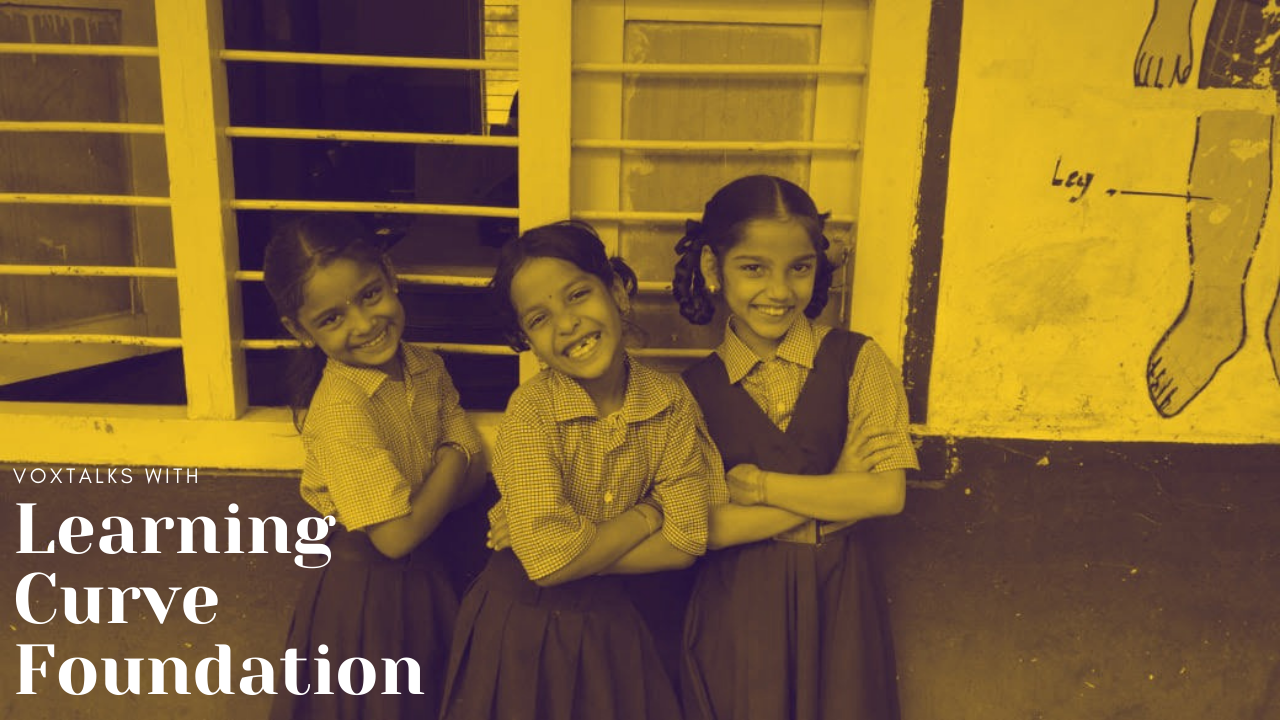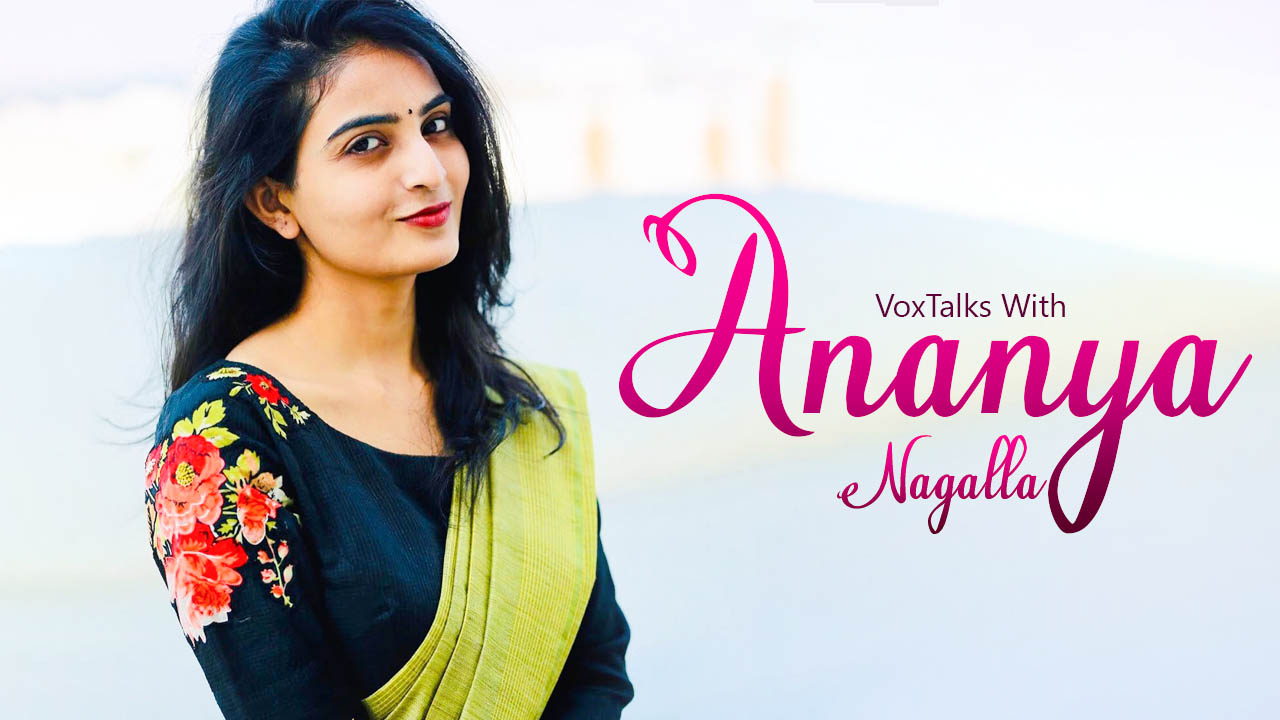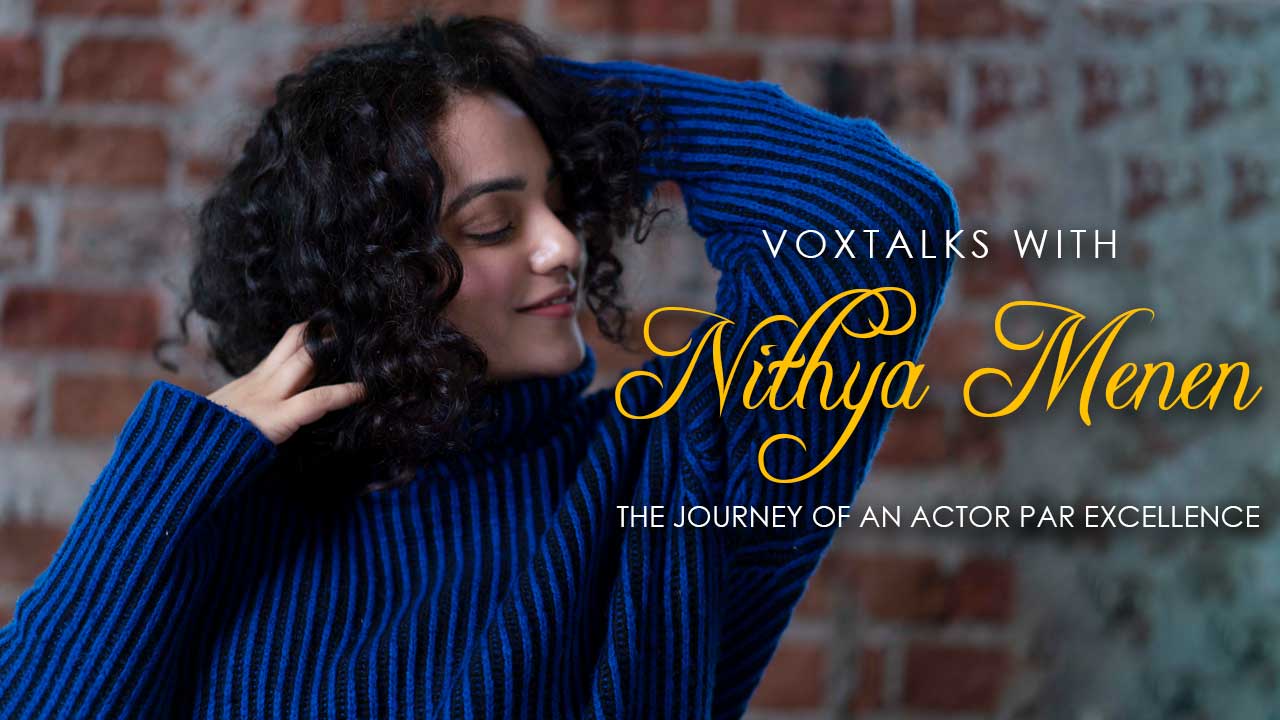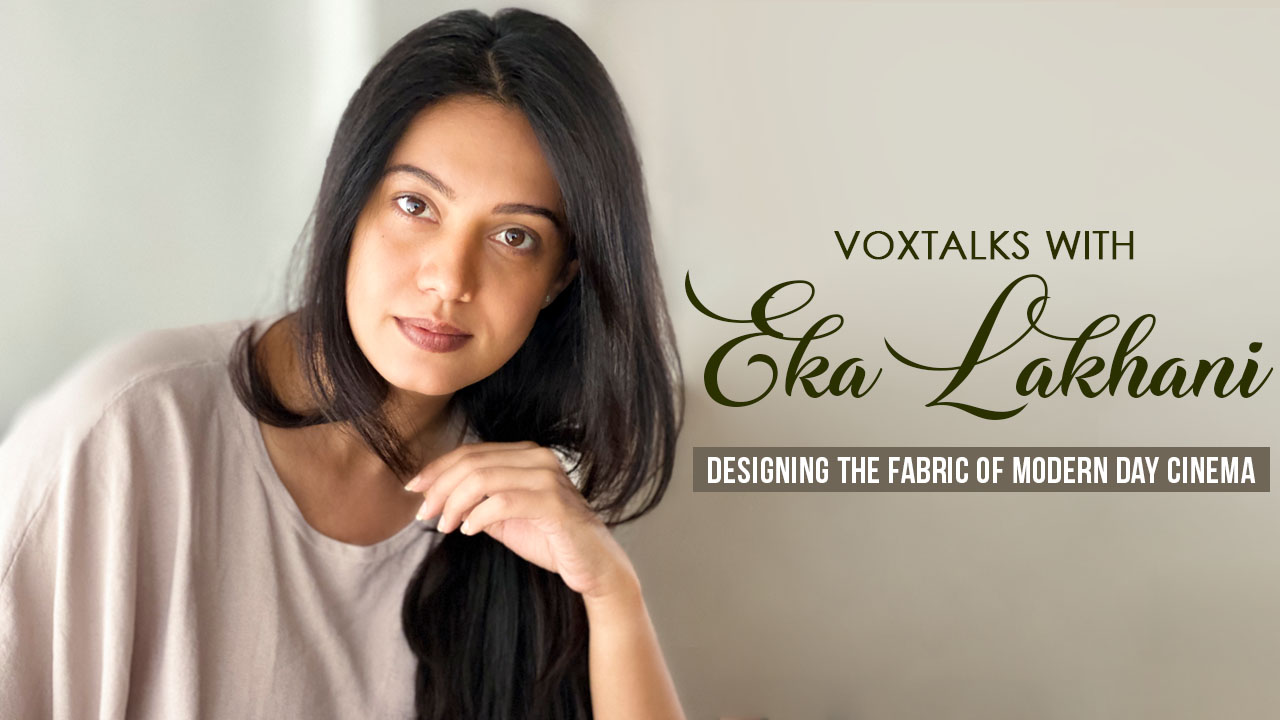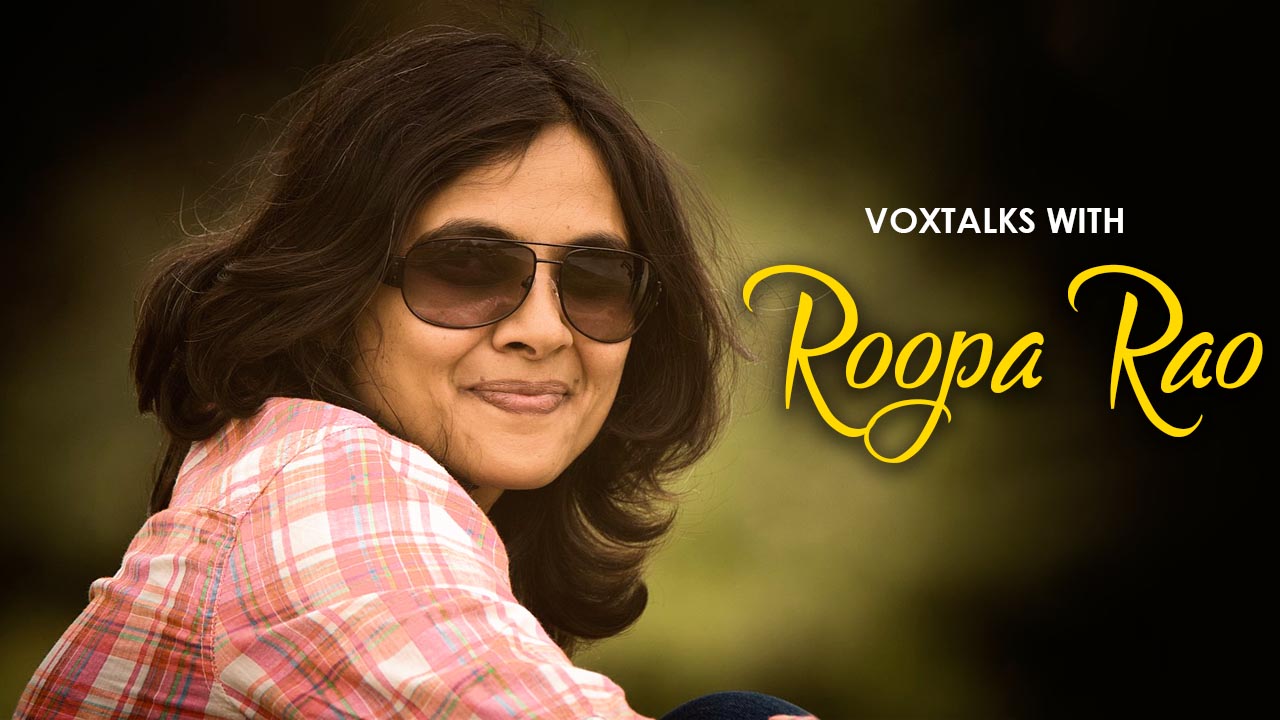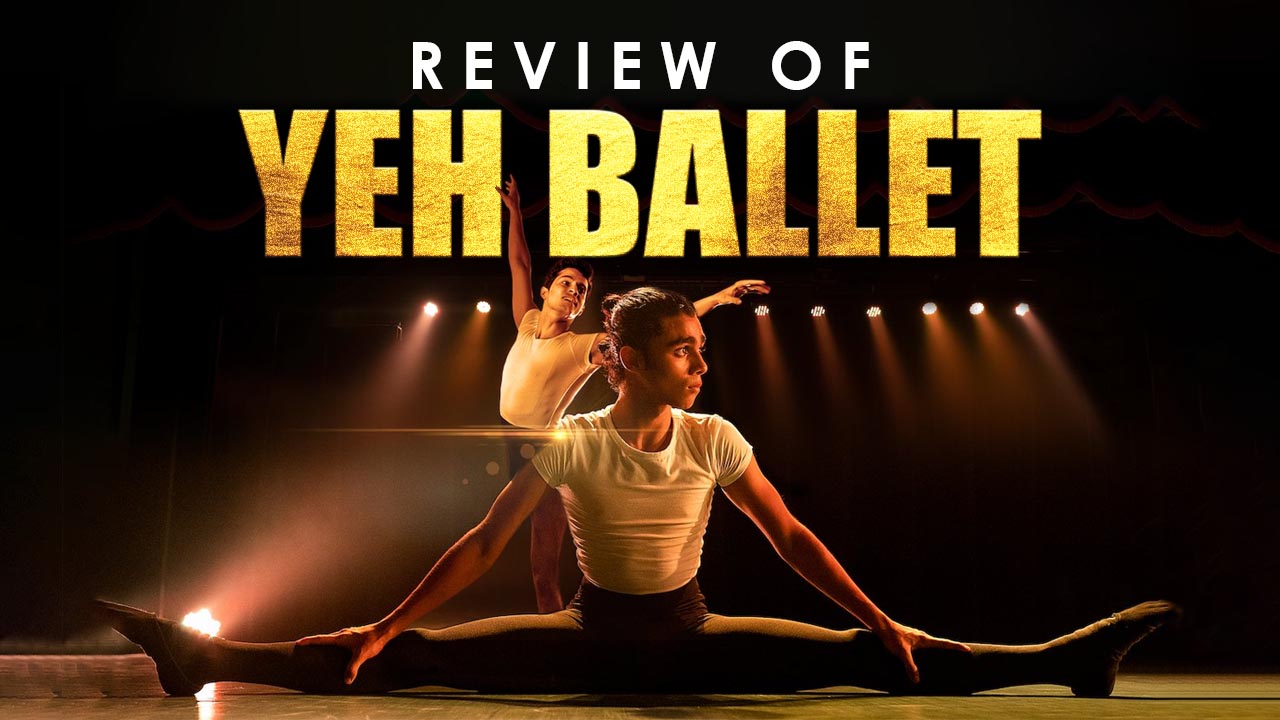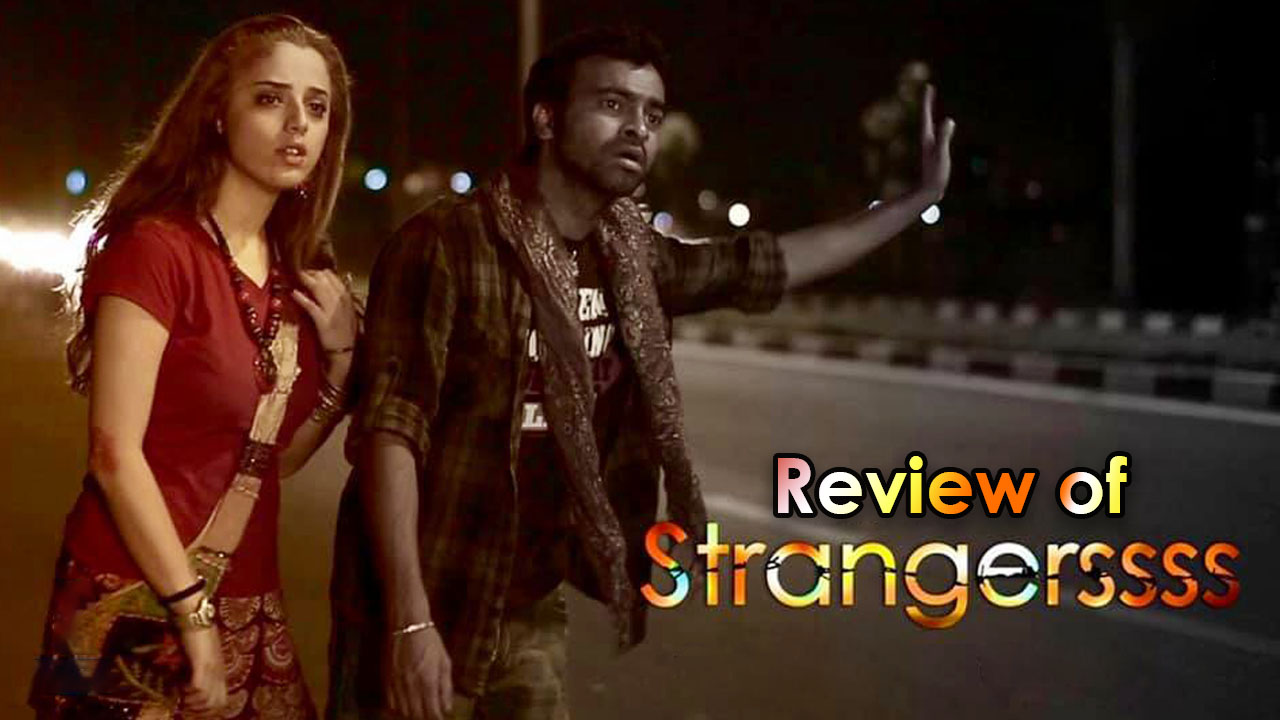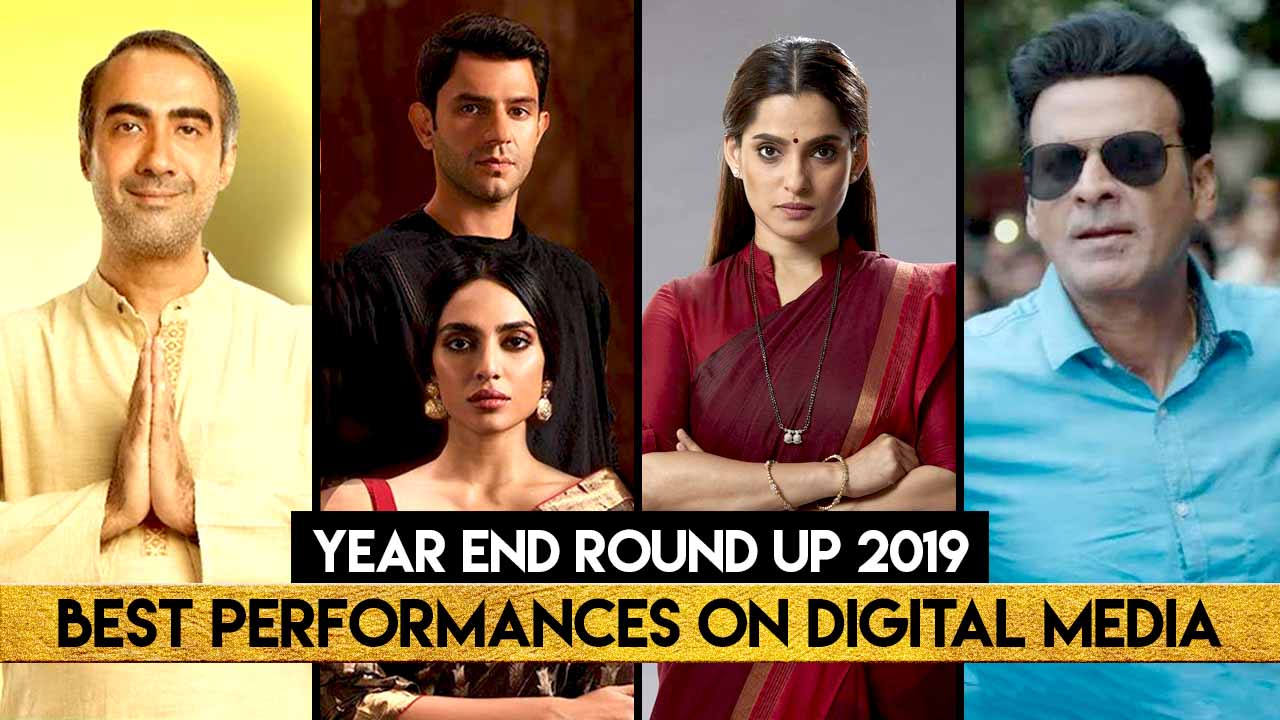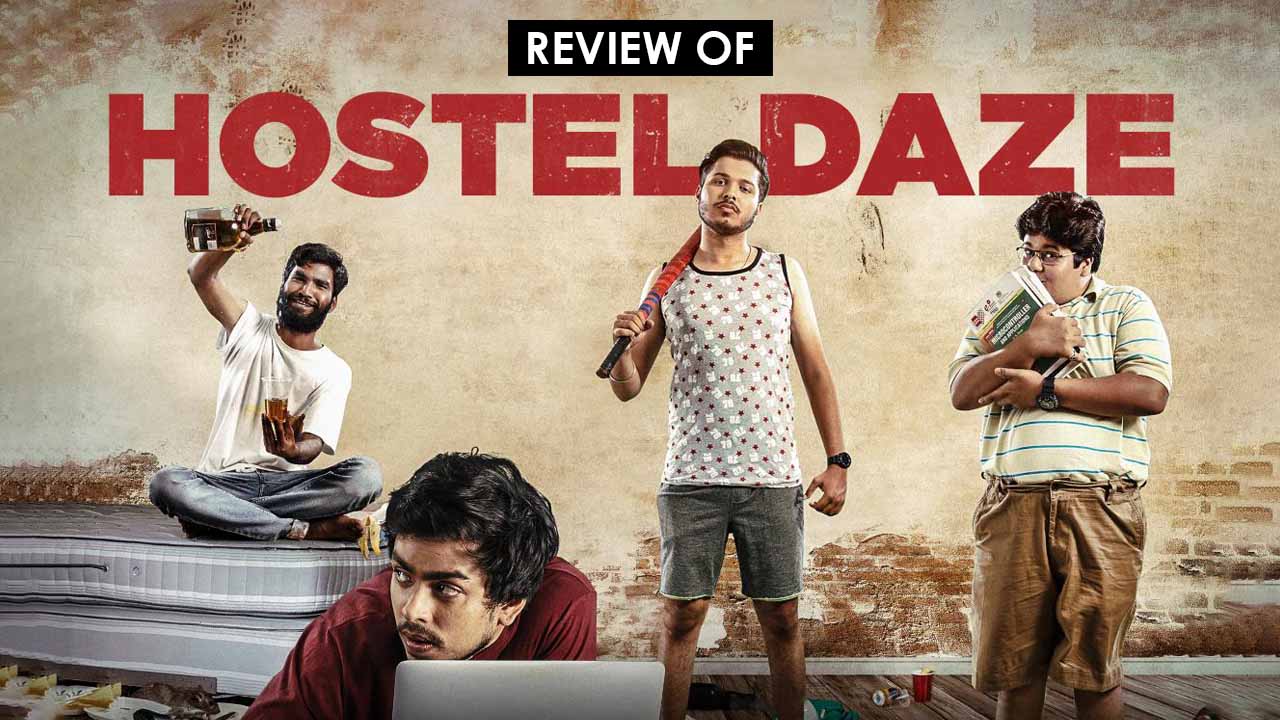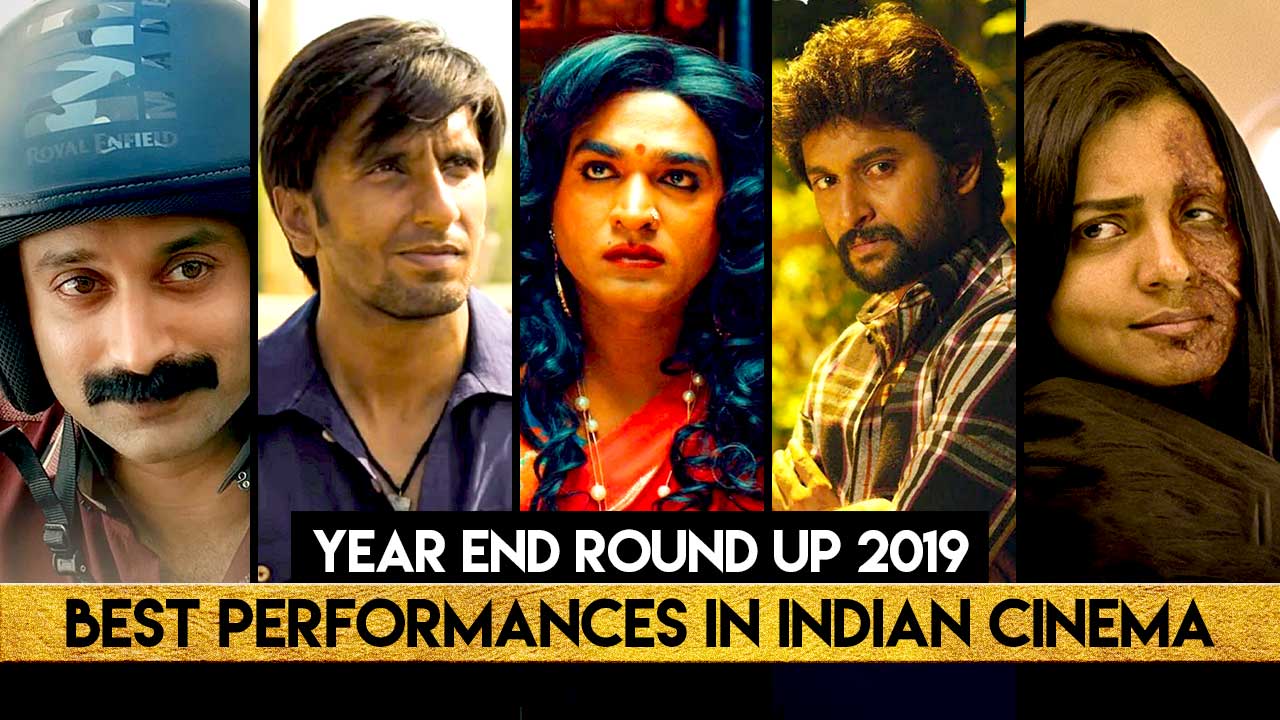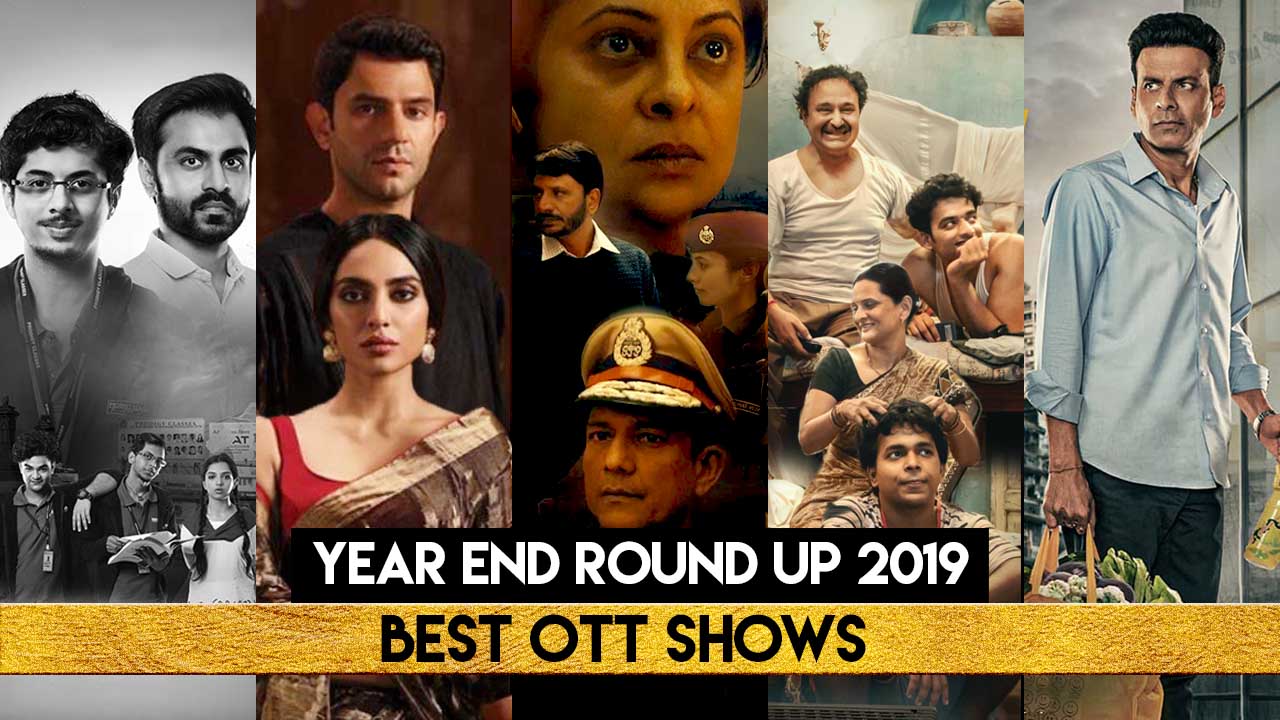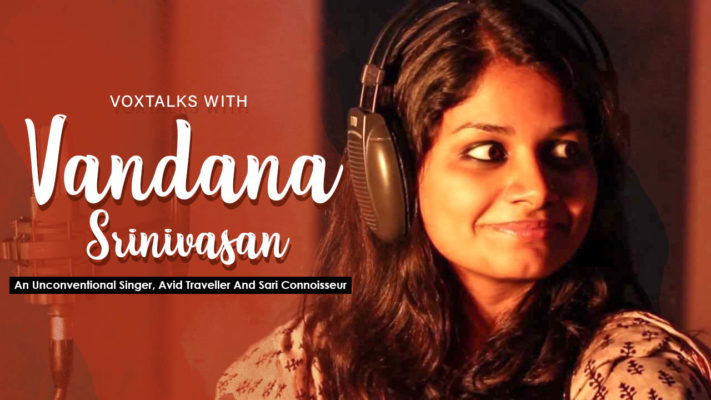
Vandana Srinivasan: A Perfectionist Who Believes Living Is All About Exploring Your Varied Interests In All Avenues Of Life
In an exclusive interview with VoxSpace, we got in touch with Vandana Srinivasan, an eminent playback singer and independent artist in both Tamizh and Telugu. She recently delivered the superhit song ‘Talapu Talupu’ from Brochevarevarura (2019) and various other melodious hits in both Tamizh and Telugu. An alumnus of the London School of Economics, Vandana holds a masters’ degree in Organizational and Social Psychology and is currently one of the leading female singers in the independent music scene in Madras. Her voice is blissful and melancholic at the same time which is soul-stirring. On this lazy September Sunday, Vandana, beaming with energy, managed to give us an hour to talk about her journey into the South-Indian music industry, becoming an entrepreneur and being a sari connoisseur. Here are the excerpts from our conversation:
Congratulations on the success of Talapu Talupu, from Brochevarevarurua. I really love the song. So how did it happen? And What was it like to work with Vivek Sagar?
Thank you so much. I’ve done a lot of Telugu songs earlier, but this song had a unique vision to it. It also garnered the attention of a lot of people because of the composer (Vivek Sagar). It was also a very different composition compared to the usual trend coming out now. That’s what really kind of struck a chord with a lot of listeners. I’m happy it came my way and I could pick it up, not missing out on this opportunity.
So, what actually happened was, I was traveling when they gave me a call. And it was really nice of them to have waited. As soon I got back to Chennai, they scheduled a session and they flew me to Hyderabad and that’s where we recorded the song. I was meeting Vivek (Sagar) for the first time and hadn’t worked with him earlier. But I’d heard his work before. And I started recording, I remember listening to the song and feeling really inspired and liking it in the first listen. And also the whole recording process had a fresh sort of approach to it. They gave me complete freedom to sing it the way I want to, because usually, depending on whom you work with, you have varying degrees of freedom as to how much of your inputs can be in the song and scope to improvise and stuff like that. I was given a hundred percent freedom and they said we want your input as much as anything else. It turned out to be a very smooth recording session. I think we finished it in about a couple of hours and didn’t do like a zillion takes, except maybe a few takes for certain lines.
I think the whole song came together beautifully. Another thing that happens is sometimes when you record a song in the beginning phase, you don’t hear the rest of the background music and you don’t really know what it’s going to sound like. When I recorded this song, I think it was about probably 50 to 75% complete but I did get an idea of the song and how groovy it’s going to be. It’s also quite exciting when you listen to other instruments and you sing and the song pans out beautifully in the end. It’s really funny because, in the recent songs I’ve sung, I don’t generally listen to the songs because I always feel like, I could have done that part/portion better or this hasn’t turned out the way it should have.
In ‘Talapu Talupu’, my singing, flute, and the whole arrangement fall perfectly in place. I’m so glad the song was appreciated and it’s nice to see that great content got the reach it deserved and exceeded the general expectations. It struck a chord with many people, for its lyrics and sounds very contemporary.
So, you’ve had the chance to work with various lyricists like Ramajogayya Sastry, Vairamuthu, Na. Muthukumar, etc. So how are you able to manage both Tamizh and Telugu in terms of diction, pronunciation and whole feel of it?
What happens in any recording session is, there is always a native speaker of a language we’re recording in who is also a diction coach. So, you don’t necessarily have to speak a language to sing in it. But I also believe you need to have a certain flair for it and getting the emotion right. With the help of a diction coach, the job is mostly done because they help you understand and pronounce various words by drawing parallels from different languages. Personally, at a very young age, I was exposed to various languages like Tamizh, Malayalam, Kannada, Hindi and, despite, Telugu being little alien to me, compared to other languages, it was easy to adapt. After the recording session, I remember speaking to lyricist (Ramajogayya Sastry) and he was very warm and sweetly said, “Welcome to the Telugu industry.”
Writing lyrics is such an art in the sense that the words have to fit into the tune perfectly. Also, for the singer to easily sing and glide over the words shows the competence of the lyricist. This song, in particular, the words fit beautifully into the tune and at no point, we had to rearrange or change any of the words. It was so seamless and it also shows the lyricist’s expertise.
Let’s rewind a little and go back in time. So how did it all begin? What was that defining moment? How did the switch happen?
I grew up in the Middle East, but during our summer vacations, we used to come down to India for a couple of months every year. Although we speak Tamizh at home, my parents were from Bombay and Bangalore, hence, I was exposed to different languages as well. We spent a lot of time at Bombay and Bangalore but Chennai, not much really, probably 4-5 days. Growing up, music has been in the family on both sides, my mother sings and my aunt has sung for All India Radio and there’s been a lot of Kathak, Veena and different forms of arts in the family. But no one has pursued it professionally. Growing up in Doha, my mother used to be a part of concerts there and slowly, I got fascinated by the whole scene and started doing shows over there but nothing on a commercial scale though, because films don’t get made there. I always had this wish though to become a singer but I had absolutely no idea how.
Fortunately, my parents enrolled me for Carnatic music training at a young age and I learned under a fantastic guru until I was 18. After that, I moved to Chennai quite serendipitously actually, because it was nowhere in my list of options (It was Bombay or Bangalore actually) but I wanted to do a Major in Psychology and that was offered only in a few places then. I chose Chennai as it was familiar and I grew fond of Psychology and knew I wanted a future in that but somewhere music was always, in the back of my mind.
So, my reasoning was, that if I moved to India, I can study Psychology and at least try something in the music field, simultaneously. At that time, a full-time career in music seemed like a kind of far away dream, and I didn’t think it was attainable. I pursued my undergrad in psychology at WCC (Women’s Christian College, Chennai) and actively participated in college fests and cultural activities and interacting with people who were scouting these events for new talent. I made a lot of demos and sent it to many people and waited in studios to give it to the right people and asking them to listen to my work and put out a word saying “I’d love to work for you”. Later on, I did a few jingles and track singing for other artists which gave me the confidence to be in a recording studio because that can be quite intimidating as well and learning to use the mic properly, at what distance do you stand etc,.
I didn’t get a big break per se, but I did manage to get a lot of experience about behind-the-scenes and how things work. After 3 years of undergrad, I went to London to pursue my masters’ degree in Organizational and Social Psychology from LSE (London School of Economics) for a year and a half. I was stuck in a dilemma of pursuing music as part-time while working in London or moving to India and pursue music full time. But somehow, I knew if I stayed back in London, Music would take a backseat and decided to move back to India in 2011 and started giving out demos again. I maintained my contacts from my undergrad days and got back in touch with them. I used to sing for this band called ‘Staccato’ during my undergrad days and once I got back, I started performing with them again.
While I was working at a flexible start-up company on weekdays, we used to perform shows on weekends. A lot of things happened during 2011-2012 that led to debut in film music and I assure you it was nothing overnight. I started doing YouTube videos again which at that time, wasn’t a rampant thing in India yet but a couple of videos went viral and one of them being with Shankar Tucker and that eventually snowballed into my film debut, ‘Oru Pathi Kadhavu‘ from Thaandavam (2012) (Shiva Thaandavam in Telugu) with GV Prakash Kumar.
Following up on the previous question, how did ‘Oru Pathi Kadhavu’ happen?
So, one day, GV Prakash’s manager called me up and called me for an audition. I quickly wrapped up at the office which was 15-20 minutes away from his studio. In fact, I was feeling timid and wasn’t very happy with the way I sang that day. I felt so embarrassed and didn’t tell anybody about it.
But after a few days, GV Prakash announced on Twitter saying that he is introducing this new singer- Vandana Srinivasan in his next Tamil album, Thaandavam (2012). People started calling me up and it was all over the news and I thought I was being trolled since I hadn’t told anybody about it.
A few years later, you delivered another melodious hit ‘Koodamela Koodavechi’ from Rummy (2014), composed by D Imman. So how was it working with him?
Working with D Imman is a wonderful experience every single time. He is very approachable and that has gained him a lot of goodwill. Around 2011-2012, I had messaged him on Facebook and sent him some of my work and expressed my interest to work with him. Soon, we got in touch and the first song we recorded was a song in a Hindi dialect for another album. He really liked it and it was only after this that ‘Koodamela’ happened.
I still remember, when I got the call from him that day, I was extremely sick but knew that I could not miss out on this opportunity and let me see how it works out. There is something mysterious each time I walk into his studio, the energy there is so optimistic and no matter what frame of mind you are in, you’re just able to sing effortlessly. When I entered, Imman sir, Yugabharathi (lyricist) sir and the film’s director, everybody was there. I felt a little shy because there were a lot of people. I listened to the track and felt so grateful for being chosen to sing it and was beyond happy. That song took about seven months to be released and it was a long, painful wait, but completely worth it in the end.
You have been one of the most prominent independent artists, constantly active on social media and YouTube. How is it different from playback singing for films?
Like I mentioned earlier, depending on the person you’re working with, you have varying degrees of freedom as to how much you can contribute to the song. With some people, you just sing the song as it is originally composed and with others, there’s an exchange of ideas which leads to longer recording sessions. Although it’s great to be part of somebody else’s composition, I suppose it doesn’t satisfy the creative person in you completely unless you’re contributing a lot. So, I think that’s where independent music really kicks in because it is completely your territory because you get to freak out and do as you please.
I really enjoy collaborating with people who are from different backgrounds and have different styles of music, because that’s when you really absorb a lot, and you learn a lot more. Sometimes, certain collaborations work out so beautifully and exceed your expectations as a result of the positive energies involved and everything else works perfectly at that moment. I think both of them are great and they have their own differences. Playback singing is what fuels your concerts and widens your reach to the audience. Whereas, Independent Music is another space where you get to be your absolute self.
Your collaboration initiative, Music Calorie Productions-
a. How did it start?
b. And what’s the whole ideation process like behind each music production/project?
My husband and I, we started this in 2016. Both of us are complete foodies. During one of our discussions, we thought why not combine food and music. It basically means you put on music.
Regarding the process, it’s basically few like-minded people coming together, putting our heads together, bouncing off ideas and coming up with a concept. There is no set agenda really. We try and keep the videos simple and focus more on the audio. Sometimes, it has taken days and months to finalize a concept.
There was this track, that I’d spent a year on. I’m perfectionist, which doesn’t always work for me, because I spend forever working on a track. That’s also one of the reasons I can’t listen to some of my songs because I feel I haven’t done my best.
You also co-founded Ana Stories-
a. What is the story behind it?
b. How did this fascination for saris, mookuthis(Nose rings) and basically, an ethnic fashion sense develop?
I used to make fun of my mother for wearing a mookuthi and kept saying, “Gosh! It makes you look archaic, like someone from the Middle Ages.” Up until I hit about 17-18 years of age, the tables turned and I ended up becoming obsessed with mookuthis. Since then, I’m always on the lookout for new designs and change them almost every day. I feel it’s like a cultural statement, it can transform your face just like any other jewelry, and personally, like the Indian-ness of it. Saris has been a recent obsession actually, compared to mookuthis.
I always liked them as a kid, but I never knew how to wear them. To learn about saris, fabric, rich and vast handloom culture, and varying styles, I did a 100-saree pact in 2016. It opened up many perspectives for me and it became more like a movement where I began to popularise the saris amongst the younger generation. I love flaunting it all over the world, I carry about 3-4 saris each time I travel, irrespective of the location. Wearing a sari is more like a statement of love and culture for me, I’ve compiled a set of saris even for my concerts. I don’t believe in buying new saris for each concert, instead, I stylize them differently and re-use them in a sustainable manner. I like the fact that people associate saris with me.
Ana Stories is an initiative to encourage sustainable living and I had plenty of unused jewelry which I thought could benefit others. So, my husband and I started this boutique, Ana Stories. Ana stands for elephant in Malayalam which stands for strength and nobility and it might sound corny, but it is also the common letters of our names. Initially, we started a drive to sell pre-owned jewelry following which, we established a boutique where we source brand new products.
What we realized is donating jewelry to a charity would not benefit them much, so I decided was to curate my jewelry and donate the proceeds to an organization or a charity. So, I put together the jewellery I’ve hardly used or collected during my travels and set up Ana stories to endorse sustainable living. It’s actually an extension of our personalities and lifestyles.
As a professional singer and an entrepreneur, how do you manage to maintain the balance between your varied interests i.e. blogging about food and travel?
Social media is about portraying great sides of your life but I definitely try and talk about both the good and bad stuff. I try and keep it real and people need to know it’s not all rosy and shouldn’t believe everything you see on social media. Travelling is great but it can take a toll on you because sometimes, you have to rush to rehearsals after a 14-hour flight. I try and juggle all of it by following a disciplined routine and I’m particular about working out and doing some form of exercise every day.
I make sure I keep my vocal cords in shape and try and practice every day, but it doesn’t all of the time. But when you like what you do, it’s okay becoming exhausted. There’s a difference between exhaustion and stress.
You hold a masters’ degree in social and organizational psychology from the London School of Economics, how much of an influence has psychology had in your professional life?
Many people did question my choices when I returned to Chennai but I felt that no learning will ever go to waste. It’s a continuous process and needn’t necessarily be confined to a singular field. I’m the person I am because of all my experiences, it really did change me as a person. For example, in London when you meet someone in the lift, you acknowledge them but whereas, here it doesn’t work that way. Also, you’re in a class full of people from other nationalities and your patterns of communication are so different, what is accepted in one culture, may not be in another. And all these things you pick up only by interacting with people all over the world. And I think London was an absolute melting pot of cultures. And I think I got exposed to various musical influences and styles. Psychology has really come in handy in understanding the various people and their operating styles you come across in this industry. It helps you put things in a different perspective.
What is the difference between the high you get while performing at concerts and hearing your voice in theatres?
You think, after a few years, the high might subside a little but even till date, every single time you hear your song in the theatre, it’s exhilarating. Performing live, what keeps the high going is, unlike studio recording, you only have one take and that’s it. Your audience are out there, reacting and everything is so in the moment and transient. If you miss that moment, it’s gone and fuels that high. Both are different kinds of highs and both are just as exciting.
Your opinion on the current Madras film music scene and Independent music?
In the past 5-7 years, musicians like Sean Roldan, D Imman and Santhosh Narayanan have created a niche for themselves by exploring different genres, especially folk music. It’s a great time to be in the industry right now with the fantastic content that’s coming out.
As for Independent Music, with the advent of social media, there are different avenues to showcase your work and on a daily basis, we can discover fresh talent from across the globe. I think people are using all these platforms to their advantage and ultimately, great content will always sell itself despite media marketing or promotion.
It’s been 8 Years since you came into the Indian music industry, as you look back on your journey, were there moments when you felt “Maybe I could have done this better”?
Haha, all the time actually, each time I listen to my songs on TV or radio, I can get nit-picky. But on a larger level, what I feel is a whole lot of gratitude and incredibly fortunate to have done what I have. From performing at the London Olympics to winning an award for my debut, these are moments you bookmark or can revisit when they invent time travel. It’s been a rollercoaster, no doubt, especially when you’re the first person in the family to have worked in the film industry. Nothing has been easy but I’m grateful for all the support I’ve received in these 8 years.
Down to our last segment- Favourites-
a. Favourite song-
‘Naina Neer Baha’ from Water (2005) sung by Sadhana Sargam, any song she touches turns to gold.
b. Artists you’d love to collaborate with-
In films, I would love to work with Rahman sir and Amit Trivedi sir.
In Independent music, Agni, &Leslie Lewis sir.
c. Favourite genres-
Melodies, always.
d. Favourite films-
Serendipity (2001), Eternal Sunshine of The Spotless Mind (2004) (especially the soundtrack, I love it), Andaz Apna Apna (1994)
e. Favourite music composers-
Thomas Newman, Hans Zimmer, AR Rahman, Amit Trivedi, Shankar-Ehsaan-Loy
f. Best advice you’ve got-
Be unique, be yourself. There’s only one version of you, you might as well be that.
g. What are your future projects?
Continuing the album, which we launched last year, touring with my band, Unfusion and doing more concerts. Collaborating with various musicians from across the globe. I’m also part of other organizations wherein we conduct workshops for children in music. Music is one part of my life and this is the time I would like to diversify my interests. Doing multiple things is my way of rejuvenating myself.
In this candid conversation with Vandana Srinivasan, we got to talk to her about her incredible life experiences and her perspectives about music, fashion, travel, and life.

